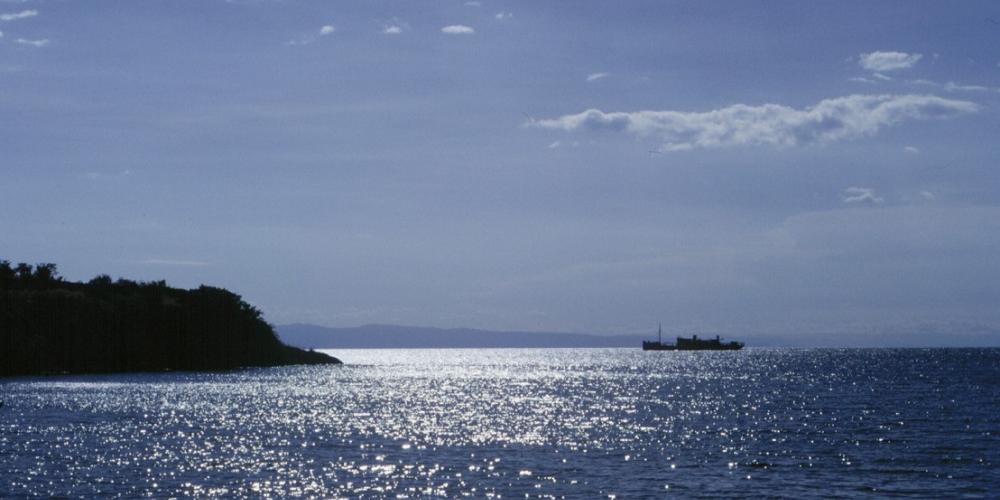
Research from the Vrije Universiteit Brussel and UC Louvain warns of the effects of global warming on the fragile ecosystems of one of Africa’s largest lakes. A rise of a few degrees in the water temperature can unbalance the ecosystem, with a major impact on local habitats as a result.
“For our research, we combined a 3D hydrodynamic model of Lake Tanganyika made using SLIM-3D by Professor Eric Deleersnijder’s research group at UC Louvain, with our own VUB expertise on climate modelling,” says lead author Kevin Sterckx of VUB’s Department of Hydrology and Hydraulic Engineering. “Our models allow us to predict that under a pessimistic emissions scenario, Lake Tanganyika will have warmed by three degrees Celsius by the end of this century. This is a very worrying finding.”
That warming is expected to drastically change the mixing pattern of the water column, the natural vertical currents that carry colder water from deeper layers to the surface. “If the water at the surface gets too warm, it will stay at the surface,” explains Professor Wim Thiery of VUB.
“This has major implications for nutrients in the water and ultimately for the entire food chain in a lake of that size. A lack of nutrients endangers the growth of phytoplankton and, as a result, zooplankton and the larger organisms such as fish that live off it. Plankton feeds on nutrients that thrive in mixing water layers. When vertical water dynamics are disturbed, so is the rest of the ecosystem. Moreover, temperature limits linked to the thermal habitat are exceeded, directly threatening species’ survival.”
This is seen especially in very large tropical lakes such as Tanganyika, a giant body of water stretching 673km from north to south, with an average width of 50km. It straddles the borders of Burundi, Tanzania and the Democratic Republic of Congo; the latter two countries have 41% and 45% of the lake on their territory respectively. Tanganyika is the deepest lake in Africa and, with almost 19,000 cubic kilometres of water, is the second largest freshwater reservoir in the world after Lake Baikal in Siberia. At its deepest it is almost 1.5km deep and it covers an area of 33,000km2, approximately the size of Belgium.
“Large lakes in tropical regions are no match for the predicted warming scenario,” says Sterckx. “The situation is different for large lakes in temperate regions, where it can freeze in winter and there is sometimes a thick layer of ice on the water. In large tropical lakes, the stagnant water layers threaten degeneration of the entire ecosystem, not only in the lake but also on the banks, where many animals and people live off whatever life is in the water.”
The study, titled “The impact of seasonal variability and climate change on Lake Tanganyika’s hydrodynamics”, was published in the journal Environmental Fluid Mechanics. It involved scientists from Belgium, the Netherlands and New Zealand.